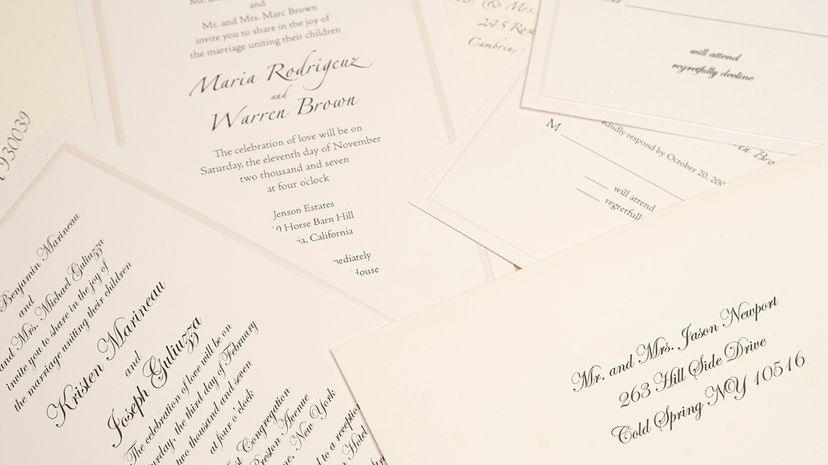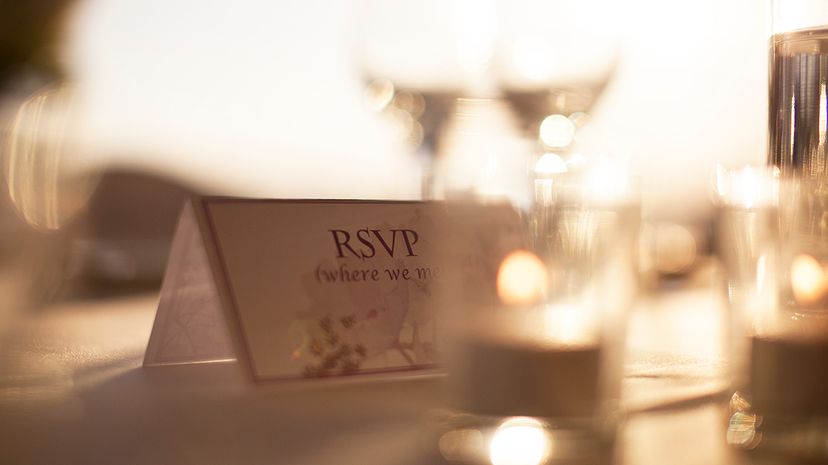
You know the initials — you've probably seen them on more invitations than you can remember. We're talking about those four little letters R.S.V.P. They stand for the French phrase "répondez, s'il vous plaît," which literally means "respond if you please." But most people sending an invitation that includes R.S.V.P. want their guests to let them know whether they accept or decline the invitation.
In fact, the renowned etiquette organization, the Emily Post Institute, says the biggest etiquette faux pas they hear about is guests not R.S.V.P.ing to invitations. Anna Post wrote in a column on the site that "failure to respond to invitations is so annoying to so many. Without our follow through, there is no way for the host to intuit our answer, and all the while they need to know their final numbers for planning purposes."
Advertisement
Judith Martin, the author of several etiquette books and a syndicated newspaper columnist known as "Miss Manners," hammers home the importance of R.S.V.P.ing. In a September 2016 Washington Post column, she told a reader, "Even the most casual invitations require definitive replies. If a co-worker stopped by your desk and asked if you'd like to go out for coffee, would you just turn away without a word?"
So not only should you be courteous and reply promptly to the hostess that so kindly invited you to her event, you should also try to respond on the same day. Consider this: For hosts who are planning a dinner party, a wedding or a reception, this is important from a practical point of view, because they need to know how many people to count on and how much food and drink to buy.
Most invitations have changed with the times and make it easy for guests to respond. Especially wedding invitations. Today they typically come with a response card — and a self-addressed stamped envelope — that you can mail back right away. All you really have to do is say whether you'll attend. Not long ago, guests were expected to send handwritten replies on their own stationery to announce their intentions. Good luck with that today.
Less formal party invites now might include the host's telephone number so you can call with your reply, although under strict etiquette rules, a written invitation requires a written reply.
So what happens when you're the host and your guests aren't R.S.V.P.ing? Keep reading to see what the experts say.
Advertisement

